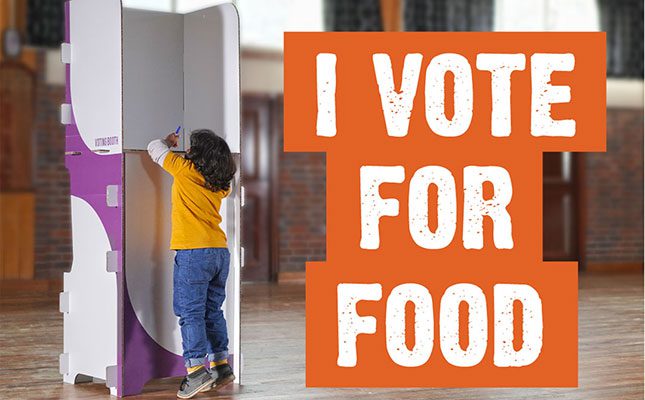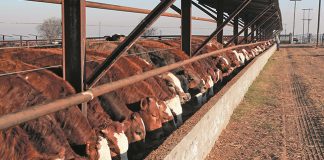
The project is the brainchild of the DG Murray Trust (DGMT) and the Grow Great Campaign, which seeks to mobilise South Africa towards a national commitment to zero stunting by 2030.
DGMT and Grow Great said in a joint a statement that child hunger and resulting malnutrition was a national emergency and should be the number one issue for politicians and businesses ahead of next year’s general election.
One in five South African households does not have enough food on the table, and the situation is growing worse as food prices soar.
“Our campaign features a series of incisive messages that present child nutrition as a national priority for public health, education and economic growth. South Africa has the worst record of household food insecurity compared with middle-income countries of similar per capita GDP. The last national survey, done in 2016, found that 27% of children under the age of five had stunted growth, a proxy for impaired brain development,” said David Harrison, DGMT’s chief executive officer.
He said that, according to the World Bank, high stunting rates were one of the main reasons for South Africa’s dismal economic growth, as the country did not have an adequate human capital pipeline to drive productivity. The billboards proposed that food producers and retailers worked together to reduce the cost of 10 nutritious foods by at least 30%, with the government paying a rebate to the participants.
Agri SA chairperson Jaco Minnaar told Farmer’s Weekly that despite the fact that the country’s nearly 30 000 commercial food producers produced some of the most inexpensive and best-quality food in the world, they remained price takers and not price makers. Reducing producer prices by as much as 30%, even with a rebate from the state, would make it very difficult if not impossible to continue the production of affordable and sufficient food.
“It must also be kept in mind that South African producers of grains, for instance, compete on global markets with internationally determined input prices. However, despite the challenges we face, we remain committed to the production of wholesome, sufficient and affordable food,” he said.
For more info, visit dgmt.co.za












